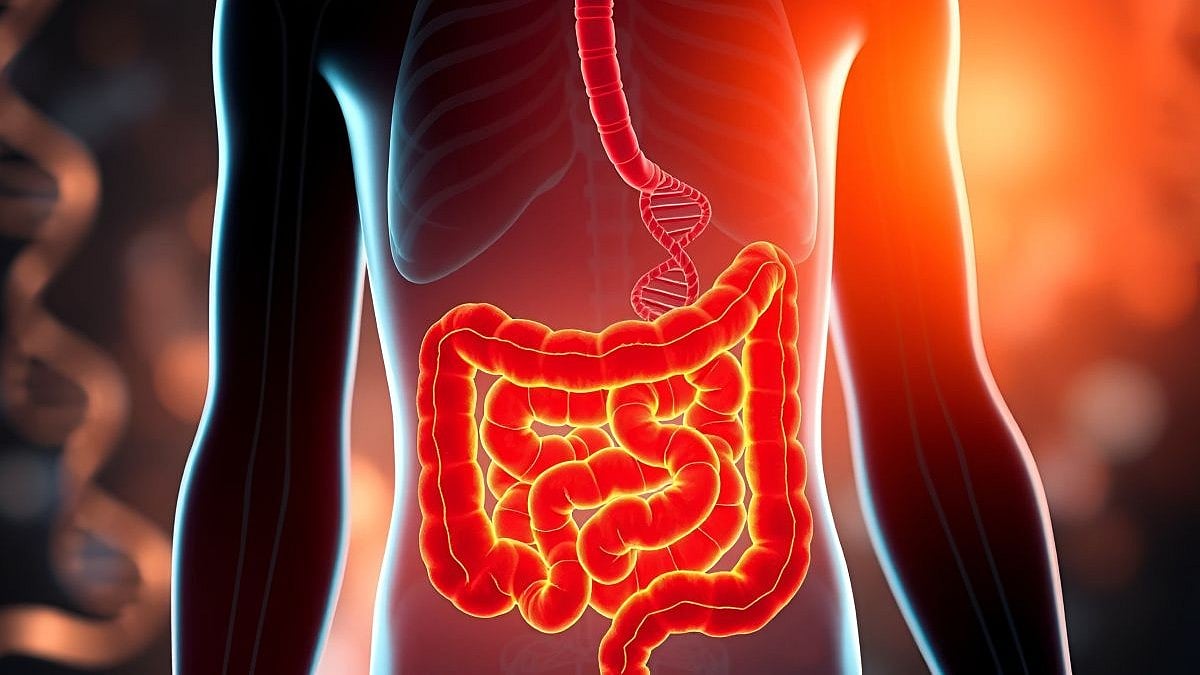Get Healthy!

- Dennis Thompson
- Posted August 6, 2025
Lowered Screening Age Leads To More Colon Cancers Detected Earlier
There’s been a steep increase in colon cancer cases among adults 45 to 49 in recent years, and that’s a good thing, experts say.
This upsurge means that more colon cancers are being caught at an earlier, more treatable stage, thanks to a decision to lower the screening age from 50 to 45, researchers argue in a pair of new studies from the American Cancer Society.
“It is promising news because the uptick of cases is likely due to first-time screening in the wake of new recommendations for younger average-risk adults to begin testing for colorectal cancer earlier,” researcher Elizabeth Schaefer, an associate scientist of surveillance and health equity science with the ACS, said in a news release.
The ACS lowered its recommended age to begin colon cancer screening from 50 to 45 in 2018, and the U.S. Preventive Services Task Force followed suit in 2021, researchers said in background notes.
To see whether this made a difference, researchers analyzed surveillance data on colon cancer kept by the National Cancer Institute.
Results show that colon cancer diagnoses accelerated to 12% per year in people 45 to 49 between 2019 and 2022, following the change in screening recommendations, one of the studies found.
That’s up from an average annual increase of 1% between 2004 to 2019 among that age group, researchers said. Similarly, there was an average annual increase under 2% for adults 20 to 39, 2% among those 40 to 44 and nearly 3% among those 50 to 54.
The increase in colon cancer cases for the 45-to-49 group was driven by a steep rise in the detection of early-stage colon cancers, results show.
Since the screening age was lowered, nearly 19% more localized colon cancers and 25% more localized rectal cancers were diagnosed each year in that age group, researchers said. These cancers have not had a chance to spread to other parts of the body and usually cause no symptoms.
American Cancer Society researchers also found that colon cancer screening among adults 45 to 49 increased by 62% between 2019 and 2023, according to findings from the second study.
In that study, researchers analyzed data on colon cancer screening gathered by the National Health Interview Survey, a regular poll taken by the U.S. Centers for Disease Control and Prevention (CDC).
Results showed that stool-based colon cancer testing increased more than fivefold among 45- to 49-year-olds between 2019 and 2023, and colonoscopies increased by 43%.
“It’s not only thrilling to see the increase in colorectal cancer screening among younger adults, but also how it likely ties into rises in earlier stage diagnosis as noted in the other ACS-led paper,” researcher Jessica Star said in a news release. She’s an associate scientist of cancer risk factors and screening surveillance research at the American Cancer Society.
Dr. David Rivadeneira, director of the Northwell Health Cancer Institute at Huntington Hospital on Long Island, N.Y., and a colorectal cancer specialist, agrees with the researchers’ take on their data.
"I think both studies basically show that the screening recommendations are having a significant positive impact, meaning it's doing what it's supposed to do," Rivadeneira, who was not involved in the research, said in a news release.
"It's supposed to pick up early cancers, and that's one of the good things about these two studies, that it looks like the vast majority of these cancers are in early stage, which is good because early-stage colon cancer is extremely curative,” he said.
The recommendation to have a colonscopy at age 45 is affecting survival in these patients, he continued.
“Imagine if these patients were not screened at 45 and they have a cancer at this age. They wait till 50. That's five years down the road," Rivadeneira said. "Many of these patients would have distant metastatic or far advanced cancer where the cure rates are not so good."
The two new studies were published Aug. 4 in the Journal of the American Medical Association.
More information
The U.S. Centers for Disease Control and Prevention has more on colon cancer screening.
SOURCES: American Cancer Society, news release, Aug. 4, 2025; Northwell Health, news release, Aug. 4, 2025
